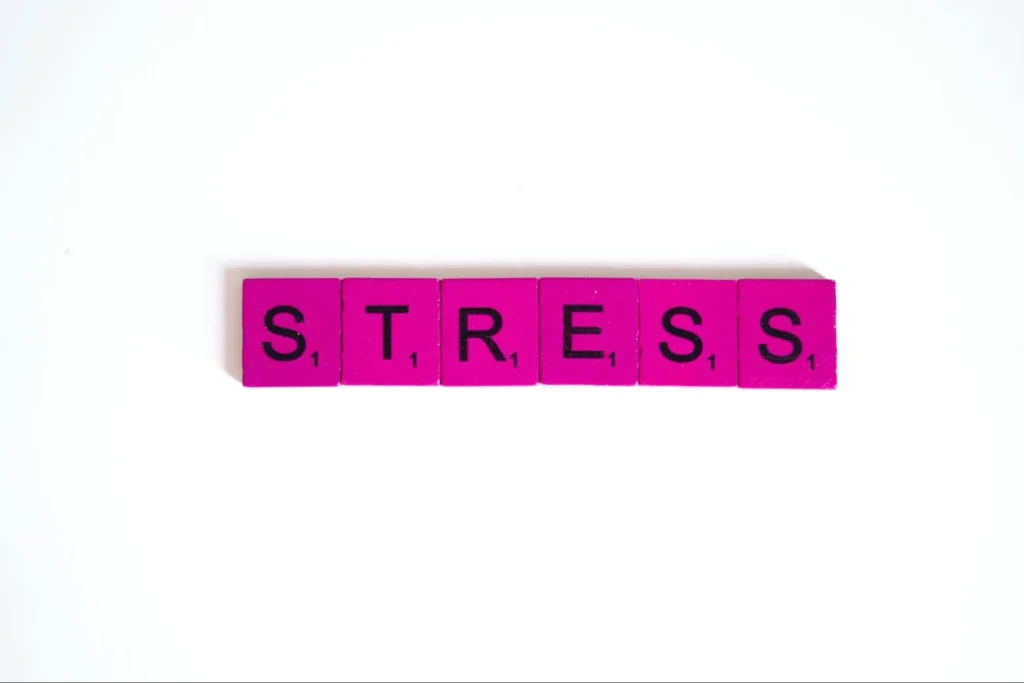9 Tips for Managing Stress in the Workplace and Improving Productivity
In search of effective strategies for managing stress and boosting productivity, we turned to CEOs and mental health professionals for their top tips. From embracing mindful breathing techniques to resetting goals for achievability, here are the nine insightful suggestions they shared.
- Embrace a Mindful Breathing Technique
- Focus on One Task at a Time
- Implement Daily Stress-Management Techniques
- Avoid Calendar Overload and Delegate
- Prioritize Energy Management and Tasks
- Promote a Healthy Work-Life Balance
- Offer Flexible Work Style Options
- Adopt Exercise Snacking Habit
- Reset Goals for Achievability
Embrace a Mindful Breathing Technique
I often teach my clients that the simple act of mindful breathing, a technique grounded in mindfulness, can greatly help manage their stress when feeling overwhelmed, thus improving productivity.
This involves conscious, deep breathing, bringing your attention back to the present by observing the natural rhythm of inhaling and exhaling. For example, when faced with tight deadlines, a busy schedule, or high-pressure decisions, I use this technique to maintain my cool and attention. This approach not only reduces my stress and anxiety, but also helps in thinking more clearly, staying focused, and being productive.
 Bayu Prihandito
Bayu Prihandito
Psychology Expert, Life Coach, Founder, Life Architekture
Focus on One Task at a Time
Do one thing at a time and do not let your mind drift off into the many other things there are to do. Fish travel in schools to confuse predators, as their flashing and darting in a large group makes focusing in on one member impossible. Our thoughts school in our minds and leave us feeling overwhelmed, confused, and unable to focus.
A slight amount of discipline can overcome this habit and leave us more relaxed as we work. It also enables more to get done as our energy is spent on productive work rather than drifting off into concerns that are not yet actually present.
Doing one thing at a time and taking one step at a time results in great productivity by day’s end. It is never the amount of work or minor impediments that arise during the day that slows us down. It is our inner response to those things. We spend an enormous amount of time learning our technology and systems, and very little learning and working with our most important technology: our own mind.
Karen Gamow
Founder and Corporate Trainer in Stress Management, Clarity Seminars
Implement Daily Stress-Management Techniques
As a Licensed Clinical Social Worker, I have several clients who come to me with work-related stress and feel they cannot be as productive as they want to be in the workplace. Stress leads to burnout and spills into other aspects of a person’s life.
One tip I recommend is implementing daily stress-management techniques, which will improve mood, decrease levels of stress, and increase productivity. Some easy-to-implement techniques include taking breaks, creating realistic expectations, nourishing your body, getting plenty of sleep, setting healthy boundaries, practicing mindfulness, and prioritizing.
Being consistent is key. Engaging in stress-management techniques once a week will not create change. You must make a commitment to practice this daily.
 Jennifer Zator
Jennifer Zator
Mental Health Therapist, Peace and Wellness Therapy Services, LLC
Avoid Calendar Overload and Delegate
When working with my corporate clients, the number one thing we discover is that they over-schedule their calendar with too many tasks, which causes overwhelm. Part of the reason we do this is because our subconscious brain is telling us we need to do more to prove ourselves. This is not true!
Ask yourself, “What tasks are not moving the needle in my workday?” Then, what I recommend doing is to take two tasks out of your day, one that you can delegate to a subordinate and another to place on your calendar for a different day.
After you’ve removed these ineffective tasks, add a 15-minute brain break where you can focus on yourself—go for a walk outside, check in with your breath, eat a nutritious snack—truly giving yourself some time to recover and recharge.
Sarah Alysse Bobo
Stress Management, Gut Health and Fitness Consultant, Live Well Enhance You
Prioritize Energy Management and Tasks
The phrase “time management” tricks us into thinking that we can control time when we can’t. We get stressed out because we think we’re terrible at this important life skill and feel overwhelmed.
The World Health Organization recognizes burnout as a medical condition, identified by chronically unmanaged stress. It’s one of the biggest challenges in the workplace today. Learn your stressors. Focus on energy management and what you can control.
- Get back to the top of your priority list. Do work that’s important to you first, before busy work. It’s an energizer.
- Find your flow. Know when you are at your peak and do your best work. Schedule creative work then. Give yourself something to look forward to.
- Communicate with confidence. Poor or indirect communication is an energy-suck. Know your style and how to adapt to get your message across with clarity.
- Set healthy boundaries and prioritize self-care. “No” is a complete sentence. Practice it often.
Nicole Chamblin
Leadership and Productivity Coach, Visions Productivity Solutions
Promote a Healthy Work-Life Balance
As a CEO, one important tip for managing stress and improving productivity in the workplace is to encourage and prioritize a healthy work-life balance for employees. Often, stress and burnout stem from employees feeling overwhelmed by excessive workloads and pressures without adequate time for personal rejuvenation.
To address this, we have implemented several initiatives to support work-life balance. First and foremost, a culture that values employees’ well-being is promoted by offering flexible work hours and remote work options where feasible. This enables employees to manage their time more effectively and reduces the strain of commuting, leading to improved focus and productivity during work hours.
Additionally, employees are encouraged to take regular breaks throughout the day to recharge. Short breaks, such as walking outside or engaging in brief relaxation exercises, can help reduce stress and increase overall productivity.
 Sai Blackbyrn
Sai Blackbyrn
CEO, Coach Foundation
Offer Flexible Work Style Options
It might sound self-serving, coming from the owner of a hybrid workforce management solution company, but as I practice what I preach, I can safely say that the number one way to manage stress and improve productivity in the workplace is to give employees options in terms of their ways of working.
Hybrid, remote, in-office—these have their proponents, and letting people work on their terms while organizing your workflow around them is the mark of a good people manager and the best way to reduce stress, in my experience.
 Dragos Badea
Dragos Badea
CEO, Yarooms
Adopt an Exercise and Snacking Habit
Exercise scientists, health psychologists, and medical doctors all agree that exercise is medicine. No pharmacological intervention benefits a person’s mental and physical health as much as exercise does, while also acting as a buffer against stress, burnout, and lethargy.
However, time constraints are the biggest barrier to exercise, discouraging participation. Instead, people spend extended periods sitting, which is uniquely damaging to a person’s health, energy, and mood.
Exercise snacking involves short, frequent bursts of exercise spread out throughout the day. This could be a few bodyweight squats, climbing a flight of stairs, or a five-minute walk, whatever is accessible to you.
Not only does this make exercise compatible with a busy work-life, but it also boosts your in-role performance, granting you energy and vitality throughout the day. It also acts as a powerful buffer against stress, helping to regulate your mood while giving you the opportunity to work off any frustrations.
 Ben Schwencke
Ben Schwencke
Business Psychologist, Test Partnership
Reset Goals for Achievability
If you’re stressed out at work, it could be that your expectations are too high. Try resetting your goals so that they’re more achievable. These could be daily, weekly, long-term, or project-based goals.
As you get some wins, you can scale up your goals slightly to challenge yourself. If it’s too much, then scale back again. The point is to find an equilibrium between goals you can achieve, and challenging yourself enough to make progress and feel valuable.
 Dennis Consorte
Dennis Consorte
Digital Marketing and Leadership Consultant for Startups, Snackable Solutions
Submit Your Answer
Would you like to submit an alternate answer to the question, “What is one tip for managing stress and improving productivity in the workplace?”
Related Articles
- 15 Unique Ways to Reduce Stress Levels in the Workplace – Beni.fit
- 15 Tips for Being Mindful in the Workplace – Beni.fit
- 19 workplace wellness trends you should support at your company – Beni.fit


